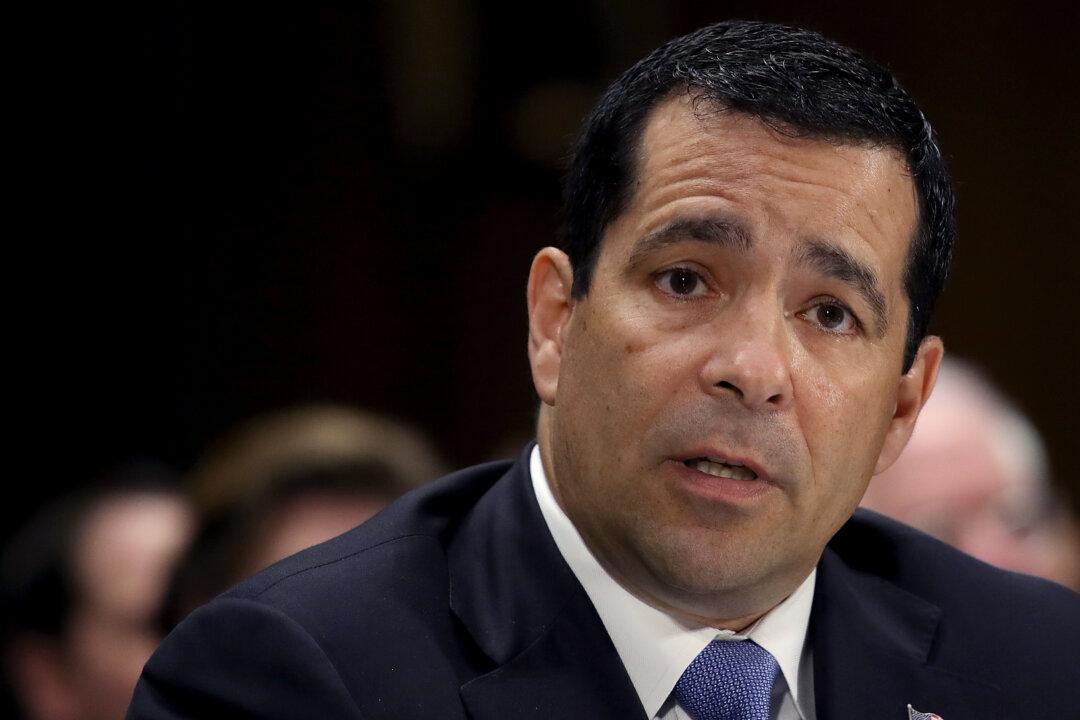The Chinese Communist Party’s economic war with the United States has “manifested itself into a terrorism framework,” former head of U.S. counterintelligence William Evanina said at a congressional hearing on July 26. He recommended a new economic threat intelligence entity that would share “actionable, real-time threat information” with private U.S. companies to mitigate the risks of doing business with China.
“I would offer to this committee that we are in a terrorism event,” he told members of the House Select Committee on the Chinese Communist Party (CCP).



